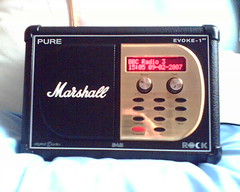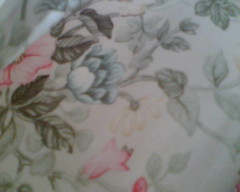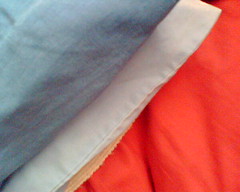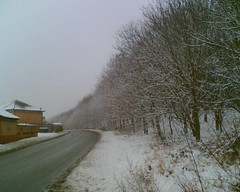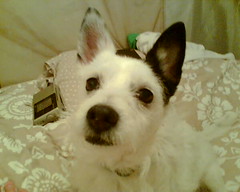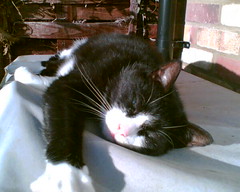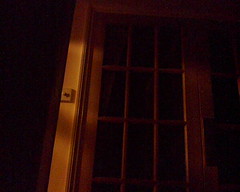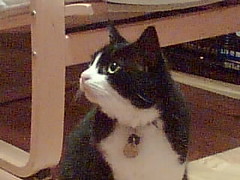Cinematic Sibilance
I've watched two films this week: Atonement (at the cinema) and The Seventh Seal (a reviewing on DVD after seeing it first about 20 years ago).
I think Atonement is probably the best film I've seen this year. I came away from the cinema feeling sad and reflective, while at the same time excited by what I had just seen, in the sense of being reminded how art can sometimes penetrate your mind deeply and trigger all sorts of thoughts and associations, such that you feel enlivened and invigorated. Atonement impressed in a number of ways: the acting was uniformly excellent; the design and cinematography was exquisite (from the bright, sunlit colours and shadowy, light-shot interiors of the country house to the desaturated hues of wartime France and London); the use of music, patterned on the repeated clack of manual typewriter keys; and the technical skill on display (witness the much-commented upon continuous tracking shot of the troop-strewn beach at Dunkirk).
It was the denouement of the film that I was thinking about most as I walked back to my car with the cool night moisture collecting on my cinema-warmed temples. Out of the swirl of visual beauty, narrative and the layered, integrated music, emerged an overall sense of sadness, beauty and bleakness; bleakness because, firstly, there's no happy ending for anyone in this film, and, secondly, because the author's attempt at atonement and making peace with her past is wholly inadequate in the face of the effects of her behaviour. Further, the author's admission of invention throws into doubt everything about the preceding narrative - how much of it is true? how much of it do you want to be true? - and makes me conclude that there is no redemption, no way of back-tracking on the paths taken and the choices made; there's just cause and effect coupled with randomness, and the narratives we invent/re-invent to make sense of what happens to us.
After the naturalistic perfection of Atonement, The Seventh Seal could be argued to look a bit creaky, both at the technical level (the stuffed hawk swaying unconvincingly in the breeze in the prelude) and in terms of some of the acting, which has elements both of theatricality and hammy comedy, and which, in a world seen through irony-tinted spectacles, can seem to grate with the film's more serious concerns. But the power of the film to engage the intellect and the emotions is undimmed: the knight's struggle for meaning after his loss of religious faith - given the apparent absence and silence of God - still resonates today in a world of moral relativism and uncertainty, while the terror and hollowness of organised medieval religion is powerfully conveyed in the procession of flagellants and priests, and in the burning of the supposed witch. The game of chess with Death facilitates the knight's realisation of meaning within a humanist (rather than strictly religious) context, and holds out the hope of meaning and fulfilment in a world that is devoid both of spirituality and justice. In this sense, it feels to me as if this film has more of a warm heartbeat of hope than the more intellectually arid Atonement. You might argue that I am deluded in looking to find meaning in a meaningless world, rather than accepting the premise that the only meaning derives from the individual consciousness and the order that it seeks to impose on the world. And I'd listen to that argument very sympathetically, still not wanting it to be true.
Today, I bought a compilation DVD of Shaun the Sheep by way of contrast. Note that, spookily, the 'SS' in this title matches the 'SS' in the Bergman film: I will study Shaun's activities closely for any signs of apocalyptic iconography and spiritual angst.
